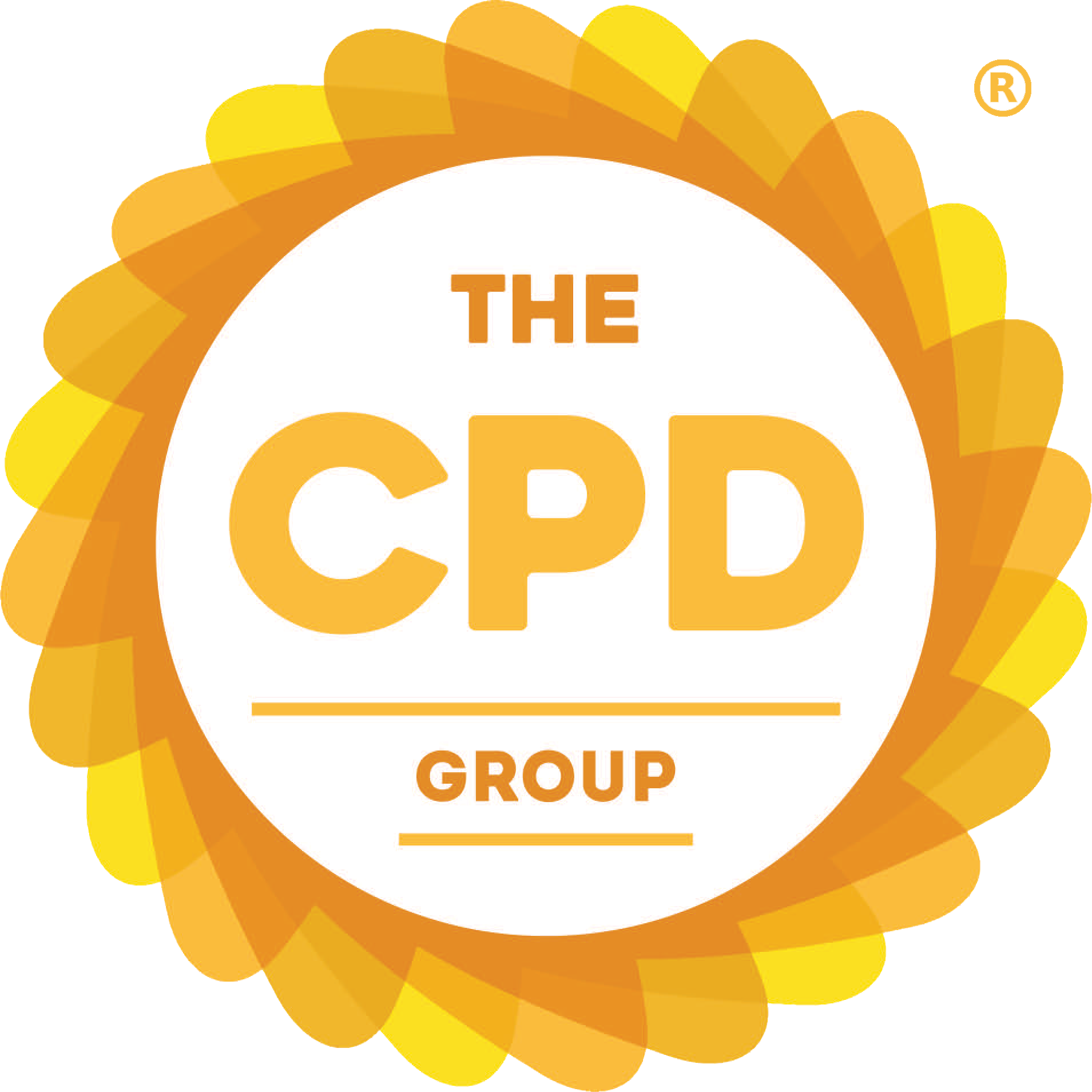CPD stands for Continuing Professional Development and is a process of developing and maintaining professional knowledge, expertise, and competence in the field of health and social care. It helps healthcare professionals to stay up to date with the latest developments in their field so that they can provide the best possible care to their patients and clients. CPD activities can include attending seminars, conferences, workshops, or online courses, reading relevant journals, or engaging in independent study.
Why is CPD Important in Health and Social Care?
CPD is important in Health in Social Care as it has a direct impact on the quality of care provided to service users. By taking steps to stay informed of the latest developments in the industry, you’ll learn new skills that will improve your performance and ability to provide high standards of care. This will impact those under your care, and also aid you in your career progression.
Making an investment in your professional development will also help those under you care have faith in your services, giving them peace of mind that they will receive the highest standards of care. This also provides comfort for relatives of those under your care, as they can have confidence their loved ones are receiving quality care. For employers, investing in your staff helps them to feel valued, creating a more stable workforce with a wide variety of skills.
Is CPD Required in Health and Social Care?
CPD is required as part of the registration renewal procedure for healthcare professionals who need professional registration, such as registered nurses and physicians.
Healthcare workers will be expected to undertake a certain amount of CPD in order to keep their skills and knowledge up to date. Employers will expect them to record and track their learning in their professional portfolio, keeping track of how many CPD credits they have acquired. CPD credits are the number of hours spent completing CPD training. For example, if a course lasts 3 hours, it will carry 3 CPD credits.
Learn more about CPD requirements in Health and Social care here.
What does CPD look like in Health and Social Care?
Undertaking professional development in Health and Social Care can take many forms. Take a look at the examples listed below to get a better idea of what CPD may look like:
-Shadowing a more experienced colleague and learning from watching them in practice.
-Attending a lecture where a new development in the industry is explored in more detail.
-Getting involved in a workshop
-Reading a journal article on a specific procedure
How do I find quality CPD?
The process of recognising and confirming that professional development courses satisfy particular requirements and criteria is known as CPD accreditation. One way to ensure that a CPD course is quality is if it has been accredited by a CPD Accreditation Body like The CPD Group.
You can also search for courses, providers, and trainers on The CPD Register. The CPD Register is an independent register of CPD Accredited courses, providers, and trainers. You can verify a CPD course by looking for the accreditation number displayed on their logo.
A good way to get some recommendations for quality training is to reach out to your colleagues or other people in your industry. Reach out to people in your professional network, whether this be in your workplace or on professional platforms like LinkedIn.
Overall, Continuous Professional Development in healthcare is an important part of professional development for healthcare professionals. It is a process of expanding and updating knowledge and skills throughout the professional’s career. CPD activities can take the form of formal courses, workshops, conferences, e-learning, shadowing, job rotation, mentoring, and more. CPD activities help healthcare professionals remain current in their field and develop their abilities to provide the best care for their patients. CPD can also help healthcare professionals to stay motivated and engaged in their work, as well as develop their leadership, management, and communication skills.


Discussion (0)
Join the conversation and share your insights with our community
Join Our Community
Share your expertise, ask questions, and engage with fellow CPD professionals
Start the Conversation
Be the first to share your thoughts on this article. Your insights could help other professionals in their CPD journey.